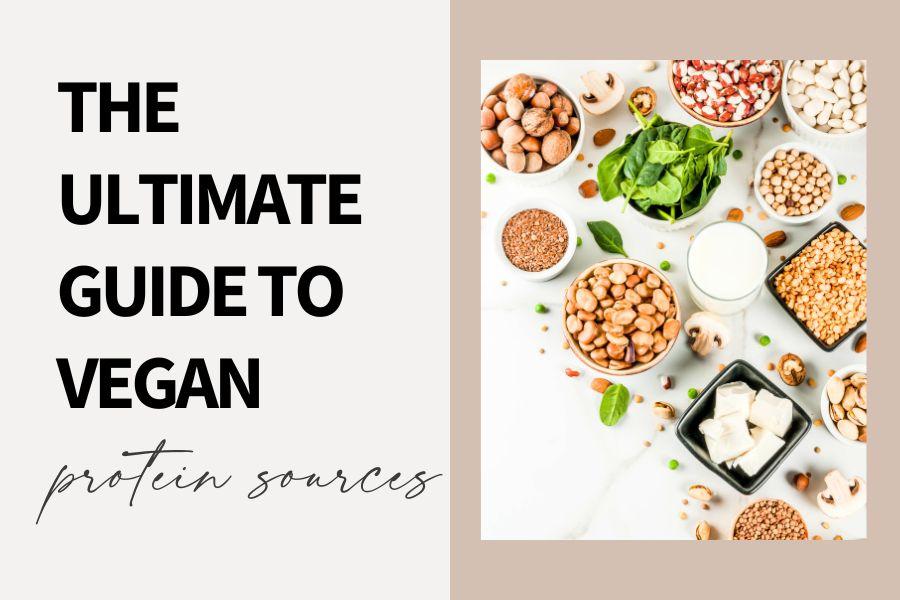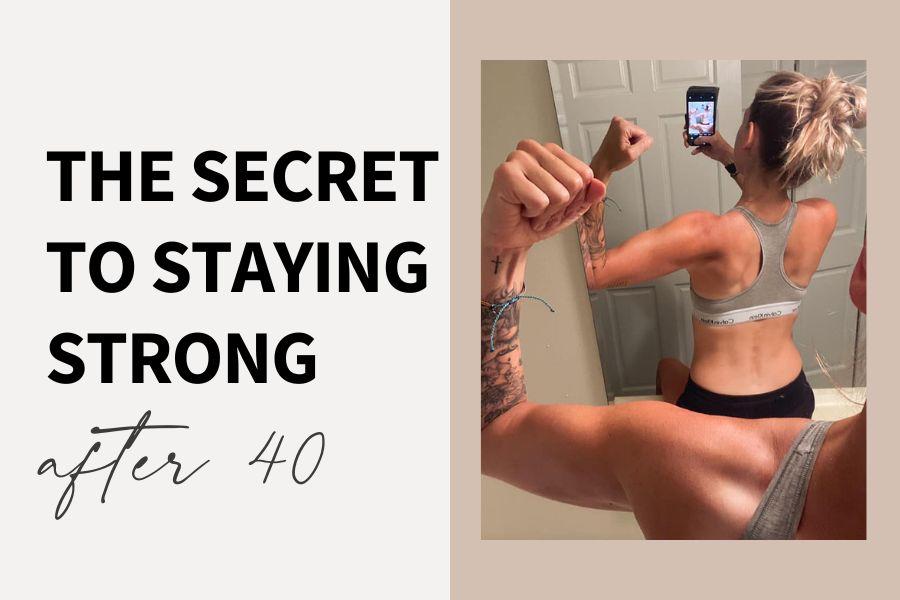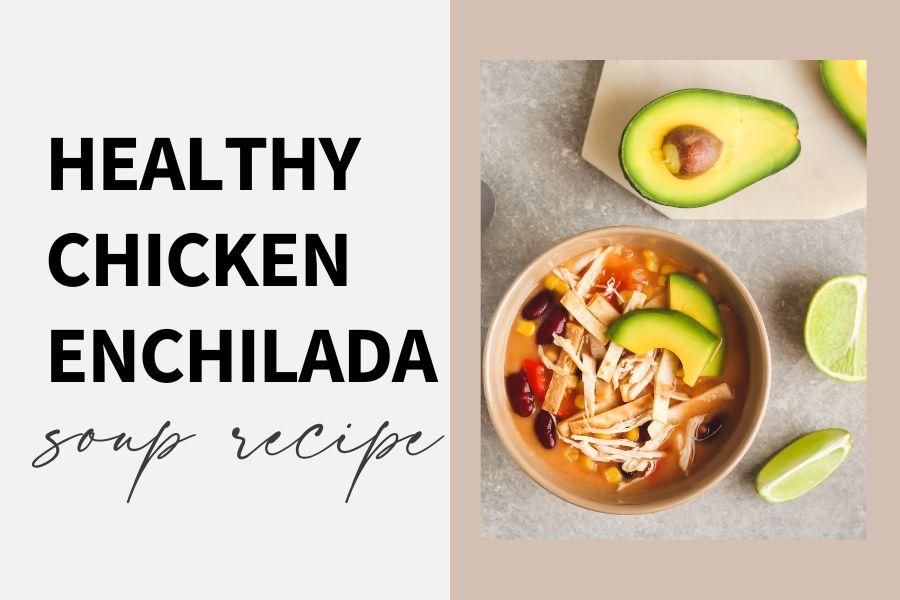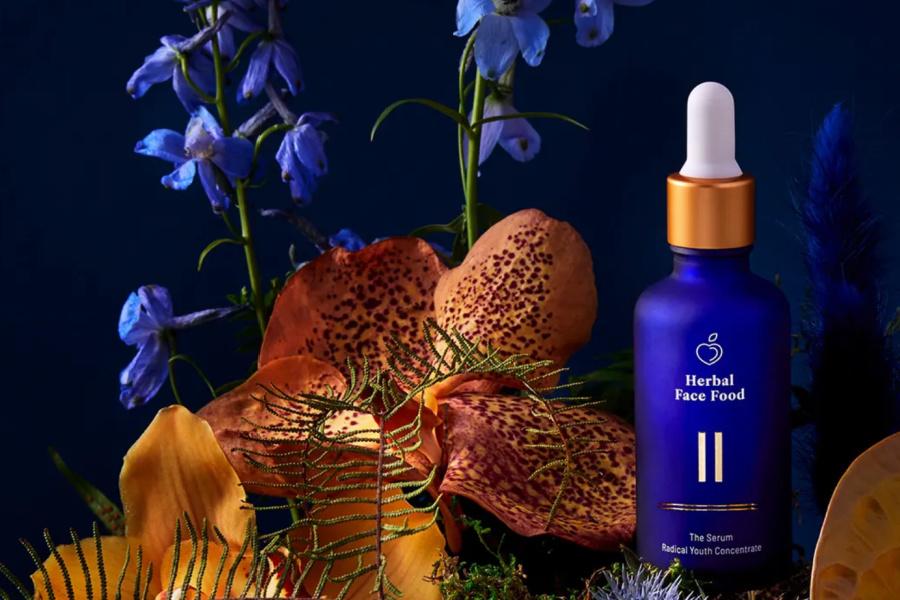In the vast world of nutrition, protein stands tall as a pivotal macronutrient, crucial for both weight loss enthusiasts and those looking to keep their tummies satisfied.
The USDA sets the bar at about 46 grams for women and 56 grams for men daily, underlining the importance of this nutrient for maintaining optimal body function.
This presents a unique challenge for vegans and vegetarians, given the widespread belief that meat is the premier source of protein.
However, it’s time to debunk the myth and shine a light on the plethora of plant-based proteins that can keep vegan and vegetarian plates both colorful and nutritionally dense.
Pin It ✨
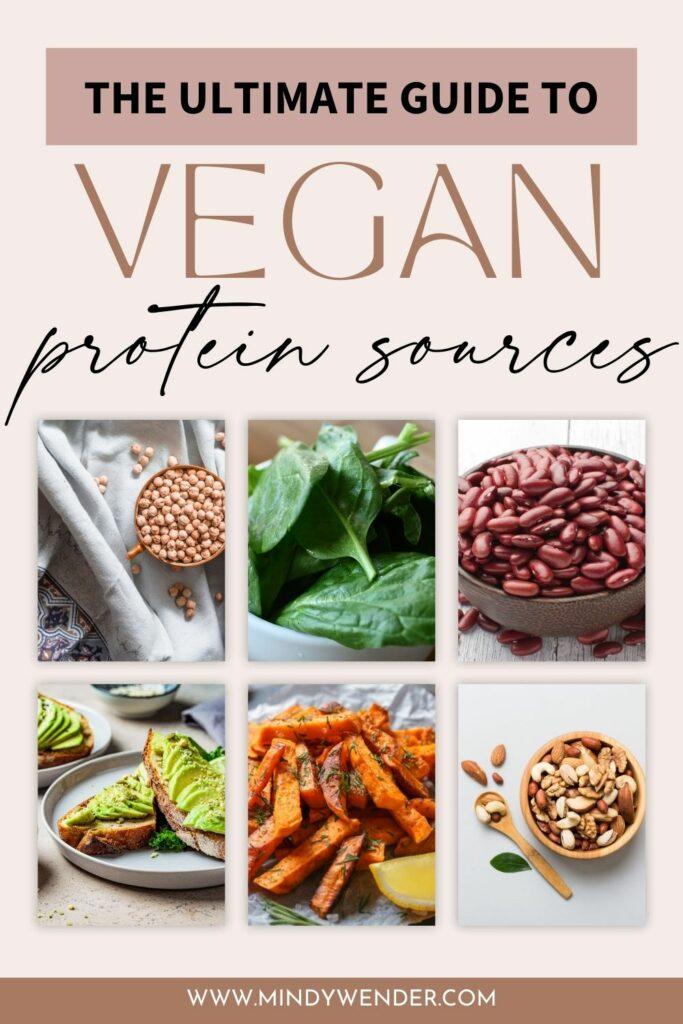
Why Is Protein So Important for Our Diet?
Protein plays a crucial role in the diet of anyone looking to enhance their wellness, but it holds particular importance for women due to various physiological and lifestyle factors. Here are the key reasons why protein is essential:
- Supports Muscle Health and Strength: Regular protein intake helps in the maintenance, repair, and growth of muscles, which is essential for women engaging in any level of physical activity. It aids in the recovery process after workouts and can help in maintaining lean muscle mass.
- Aids in Weight Management: Protein-rich foods can make you feel fuller for longer periods, reducing the likelihood of overeating. This satiety effect is beneficial for women focusing on weight loss or maintaining a healthy weight.
- Boosts Metabolism: Consuming protein can increase the number of calories you burn due to its high thermic effect. This means that the body uses more energy to digest protein compared to fats and carbohydrates, which can aid in weight management.
- Supports Bone Health: Adequate protein intake is linked to improved bone health, which is particularly important for women, especially as they age and their risk for osteoporosis increases.
- Promotes Healthy Aging: Protein is essential for preserving muscle mass and strength as we age, combating the natural decline in muscle health. This is crucial for maintaining mobility and independence in later years.
- Enhances Skin, Hair, and Nail Health: Protein is a building block for collagen, keratin, and elastin, which are vital for the health and strength of skin, hair, and nails. A protein-rich diet can contribute to a vibrant, youthful appearance.
- Supports Reproductive Health: Proteins are involved in the production of hormones and enzymes that play vital roles in the reproductive system. Adequate protein intake is important for hormonal balance and overall reproductive health.
- Important for Overall Health and Immunity: Proteins are crucial for the formation of antibodies and immune system cells. Ensuring sufficient protein intake can help your body fight off infections and diseases more effectively.
Incorporating a variety of protein sources, including lean meats, fish, dairy products, legumes, and plant-based proteins, into your diet can help ensure you’re getting the full range of essential amino acids and other nutrients needed for optimal health. Tailoring your protein intake to your specific needs, activity level, and health goals can further enhance the benefits of protein in your wellness journey.
Plant-Powered Protein
Gone are the days when the term ‘protein’ was synonymous with meat. The plant kingdom is teeming with protein-rich treasures that are not only beneficial for vegans and vegetarians but also for those looking to diversify their protein sources while cutting back on animal fats and unnecessary calories.
Let’s dive into the green goodness of vegan protein sources.
Vegetables: The Green Protein Machines
Vegetables are not just about vitamins and minerals; they’re also a hidden source of protein.
Some of the protein champions include avocados (10g per serving), broccoli, spinach, and peas (each offering about 5g per cup), and sweet potatoes.
These veggies are not just sides but can be the main event in a protein-rich vegan meal.
- Avocado: 10g per serving
- Broccoli: 5g per cup
- Spinach: 5g per cup
- Peas: 9g per cup
- Cooked Sweet Potato: 5g per cup
Beans, Lentils, and Legumes: The Muscle Builders
When it comes to plant-based protein, beans, lentils, and legumes are the heavyweights. A single cup of lentils can deliver a whopping 18 grams of protein, making it an excellent choice for anyone looking to pack on muscle or ensure they’re meeting their daily protein needs.
Whether it’s soybeans, kidney beans, black beans, or chickpeas, these foods are versatile and packed with not just protein but also fiber and iron.
- Lentils: 18g per cup
- Soybeans: 28.6 grams
- Kidney Beans: 15.3 grams
- Black Beans: 15.2 grams
- Chickpeas: 14.5 grams
Tofu and Other Soy Products: The Versatile Protein
Tofu, derived from soybeans, is a powerhouse of protein, offering about 10 grams per half-cup serving.
But the soy family extends beyond tofu, including soy milk, soy ice cream, soy yogurt, and even soy nuts and cheese.
These alternatives are not only rich in protein but also lower in fat and calories than their animal counterparts.
- Tofu: 10g per half-cup serving
- Soy Milk
- Soy Ice Cream
- Soy Yogurt
- Soy Nuts
- Soy Cheese
The soy products all range from around seven to as much as 12 grams per cup.
Nuts and Seeds: The Snackable Proteins
Nuts and seeds are the perfect snack for vegetarians and vegans, providing a healthy dose of protein along with essential fats.
While nuts like almonds, walnuts, and pistachios offer a good protein punch, sesame seeds and chia seeds are not far behind.
Remember, though, to enjoy them in moderation due to their high-calorie count.
- Dry/Roasted Peanuts: 7g per serving
- Cashews & Almonds: 4g per serving
- Sesame Seeds: 6.5g per serving
- Walnuts: 5g per serving
- Nut Butters (e.g., Peanut, Almond, Cashew): 8g per 2 tablespoons
Supplement Protein Powders: The Convenient Boost
For those on the go or looking to add an easy protein boost to their diet, vegan protein powders, such as Vegan Shakeology, offer a convenient solution.
These supplements can seamlessly integrate into your daily routine, ensuring you meet your protein requirements without fuss.
Final Thoughts -Guide to Vegan and Vegetarian Proteins
Incorporating a variety of these protein sources into your diet can ensure that you’re not just meeting your daily protein needs but also enjoying a rich tapestry of flavors and nutrients.
Whether you’re a committed vegan, a vegetarian, or simply someone looking to reduce their meat intake, the plant kingdom is ready to provide you with all the protein you need.
Remember, the journey to a balanced diet is not just about protein; it’s about embracing a diverse array of foods that contribute to your overall health and well-being.
So, go ahead, explore the verdant world of plant-based proteins, and discover how satisfying and delicious a green diet can be.

